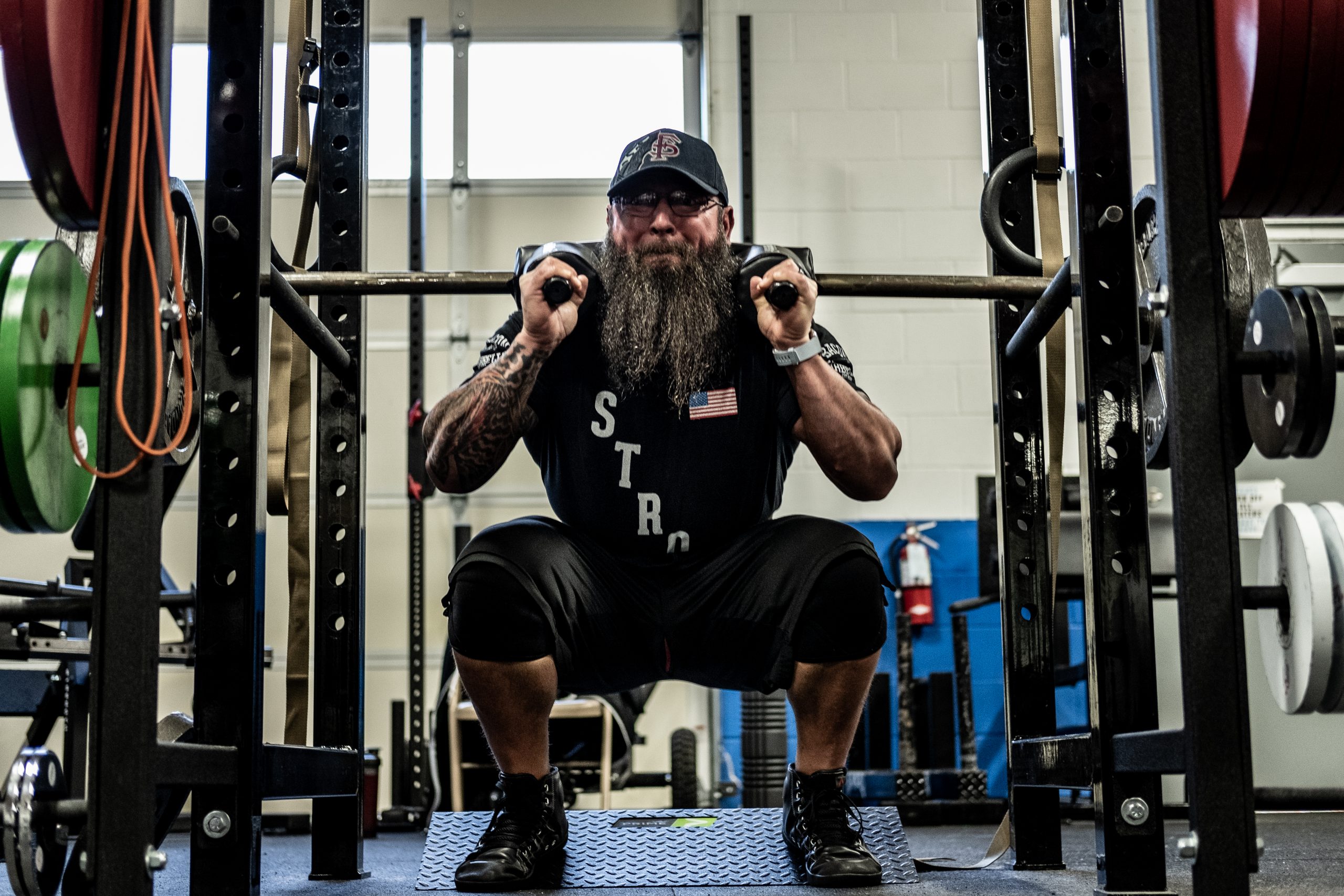
Our autonomic nervous system is responsible for the parasympathetic and sympathetic response our body produces. It is always on some sort of a spectrum and this allows us to access one or the other quickly. We want to have this back and forth but it needs to be done in a healthy and somewhat controlled manner. This back and forth is how we determine our heart rate variability or HRV which has been shown to be a good indicator of recovery for the human body.
Sympathetic arousal is correlated with the flight or fight response also known as a stress response. This can be eustress which is positive stress or distress which is negative stress. Stress is unavoidable in our daily lives and for a lot of people, they live in a high-stress life, due to work, responsibilities, and their perception of those things. The last part of this sentence I want to harp on, research has shown that how we perceive stress can play a huge role on the effect it has on us. If we can take a stressful situation and make it a positive we can start to shift down the sympathetic state into a more parasympathetic state. This will allow us to have acute stress situations which is exactly what we want. We want stress in our life but we don’t want it to linger around, this chronic stress is what causes all of the deleterious health consequences that get linked to stress.
Let’s think about some of the things that can create stress in our lives as athletes. Caffeine consumption, yes that awesome pre-workout with all the stims you drink can cause an acute stress reaction, but if you couple that with morning coffee, an energy drink throughout the day, and the pre-workout you are now in a chronic state of stress. This will cause not only your recovery to take a hit but your performance will as well. So, time your caffeine carefully so it stays acute and not chronic. Your training is an acute stress and if you compound this with high levels of arousal from music before and after training it can become chronic. What we want to do is learn how to breathe to create high levels of arousal instead of relying on external mechanisms to do that. We also want to focus on implementing a cool down strategy post-workout, with some very light cardio for 3-5 minutes where you can focus on box breathing, some light stretching and on the drive home listening to something calm and relaxing. This will not only help with stress management but also allow you to digest and partition your food better.









